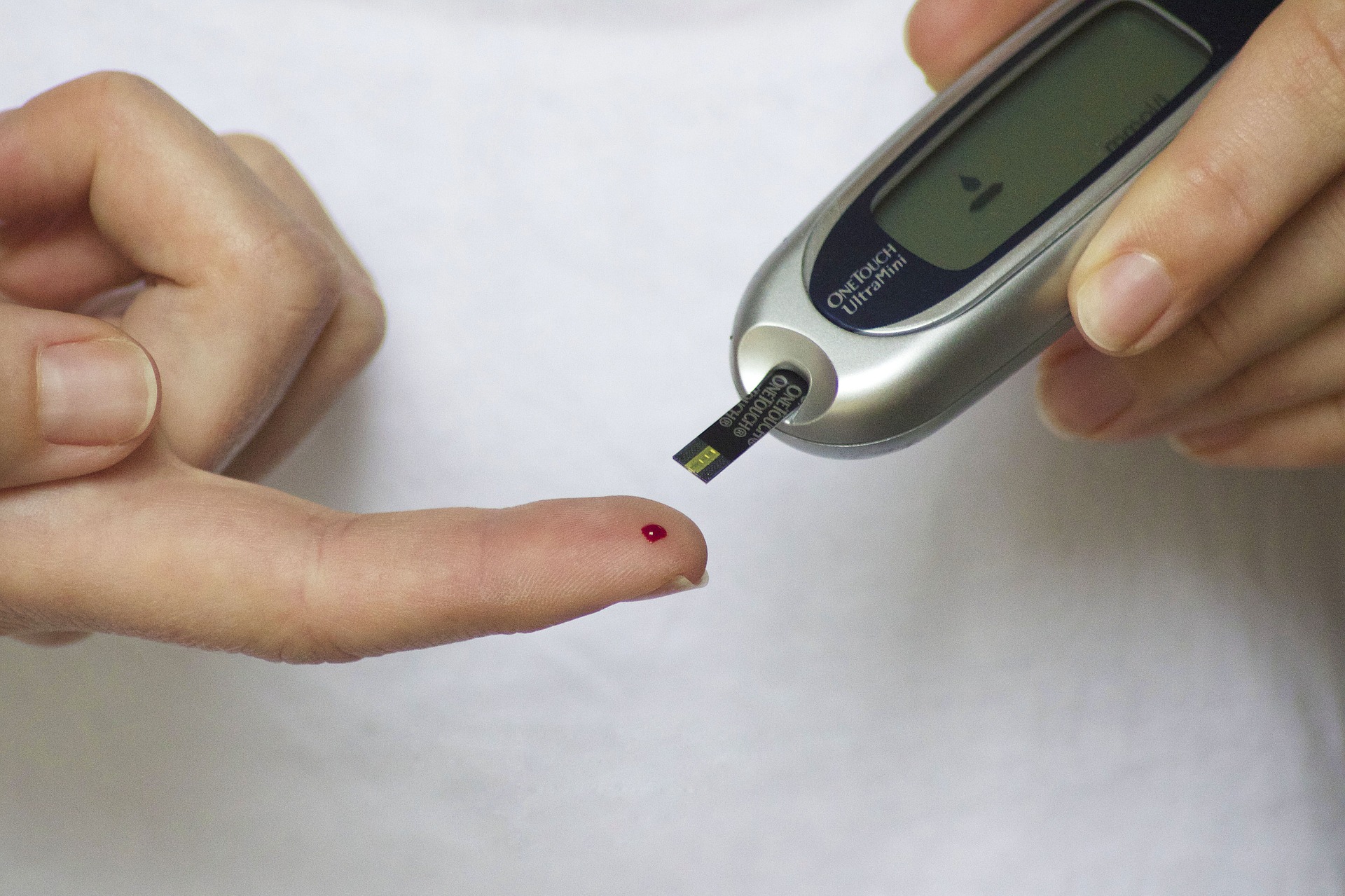Type 1 Diabetes Negligence
June 9, 2021
Type 1 diabetes is a serious autoimmune condition where the blood glucose (blood sugar) level is too high. This is because the pancreas cannot make the hormone insulin. It is the most common form of diabetes in children. Many of the symptoms of type 1 diabetes are the same as the symptoms of type 2 diabetes, so misdiagnosis can often occur. This is an example of type 1 diabetes negligence.
Some of the symptoms of type 1 diabetes include:
- Being thirsty
- Feeling more tired than usual
- Unexplained weight loss
- Cuts and wounds take longer to heal
The symptoms tend to come on quickly – over just a few days or weeks. This is especially true in children. That’s why it’s important to see a doctor as soon as possible if you notice any of the signs.
Unfortunately, there is no current cure for type 1 diabetes.

Type 1 Diabetes Negligence
Type 1 diabetes is a lifelong condition. Diabetes is diagnosed using blood tests. The main test is an HbA1c test. If you are being tested for type 1 diabetes, then further blood tests can check your blood ketone levels. Following this you may be sent to hospital for further assessment. If there is any delay in these results, or if they are misinterpreted, this could cause a delay in diagnosis or misdiagnosis.
Delays in diagnosis and misdiagnosis are two of the most common types of type 1 diabetes negligence that we hear at The Medical Negligence Experts. Some other examples of type 1 diabetes negligence include:
- Mistaking the symptoms for another condition
- Delayed treatment
- Lack of referral
- Misreading test results
Effects of diabetes can lead to kidney failure, amputation, brain damage, blindness, heart attack, and stroke. If left untreated, diabetes can have severe health implications and can even cause death.
Claiming Type 1 Diabetes Negligence on Behalf of a Child
If a child suffers type 1 diabetes negligence, then a parent or guardian may be able to make a claim on their behalf. Any compensation received is put into a special fund or trust for the child to access when they turn 18. Or managed by trustees to cover the cost of caring for a child with a disability sustained as the result of negligence.
Usually in medical negligence cases, there is a three-year time limit from when the negligence happened, or when you were aware of the negligence to make a claim. However, this is not the case if a child suffers medical negligence. In that case, a parent or guardian can make a claim on their behalf until they turn 18, and after that, they have until they turn 21 to make a claim for themselves.
How We Can Help
Here at The Medical Negligence Experts, we work with solicitors who have years of experience dealing with medical negligence claims. This includes type 1 diabetes negligence. Contact us today by filling in our contact form. Or call us on 01614138761 to speak to one of our friendly knowledgeable advisors.
